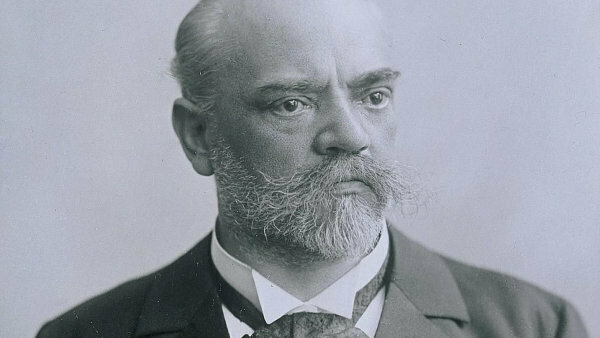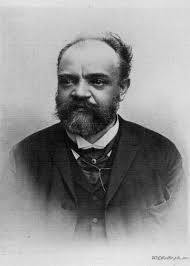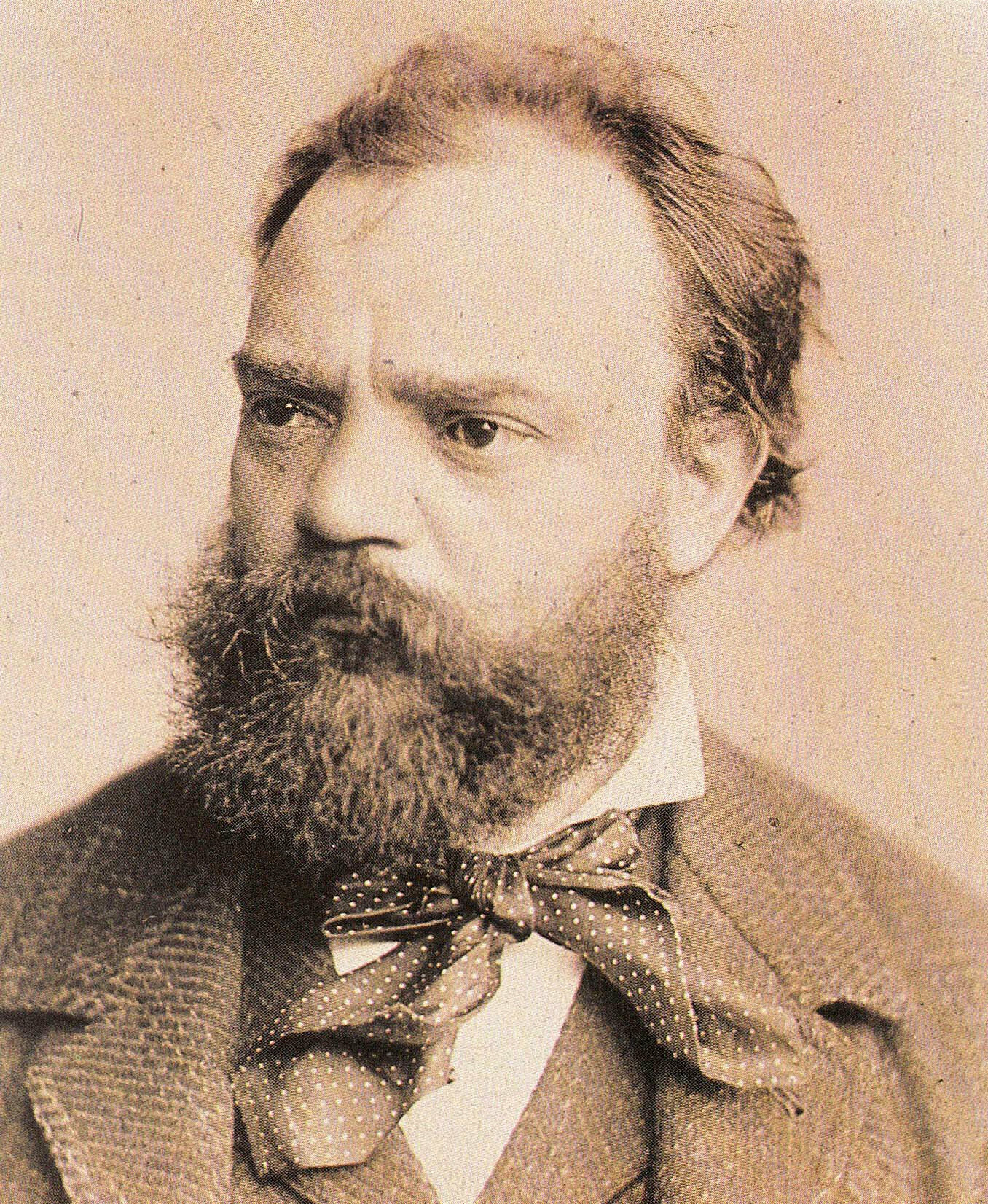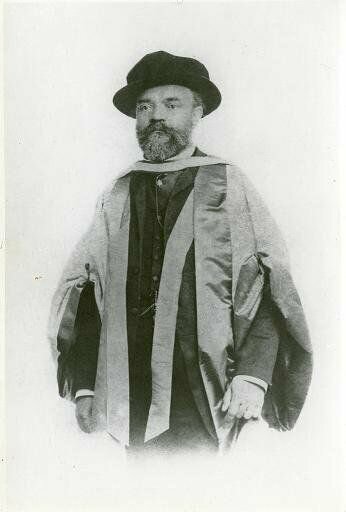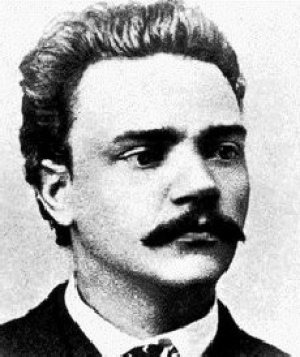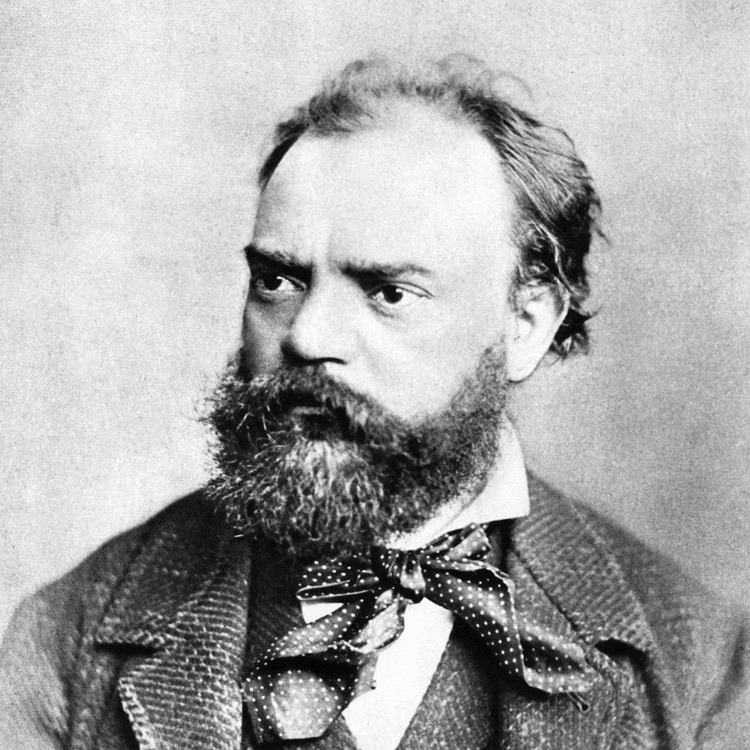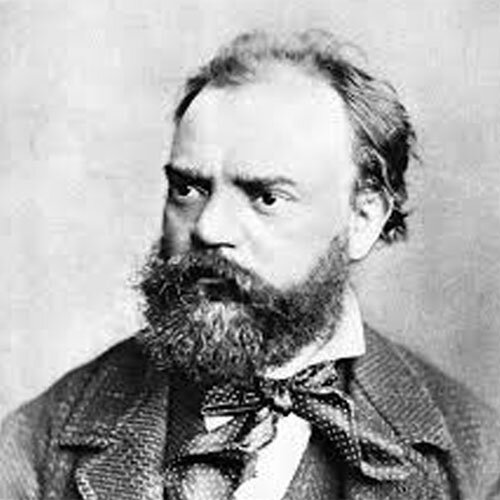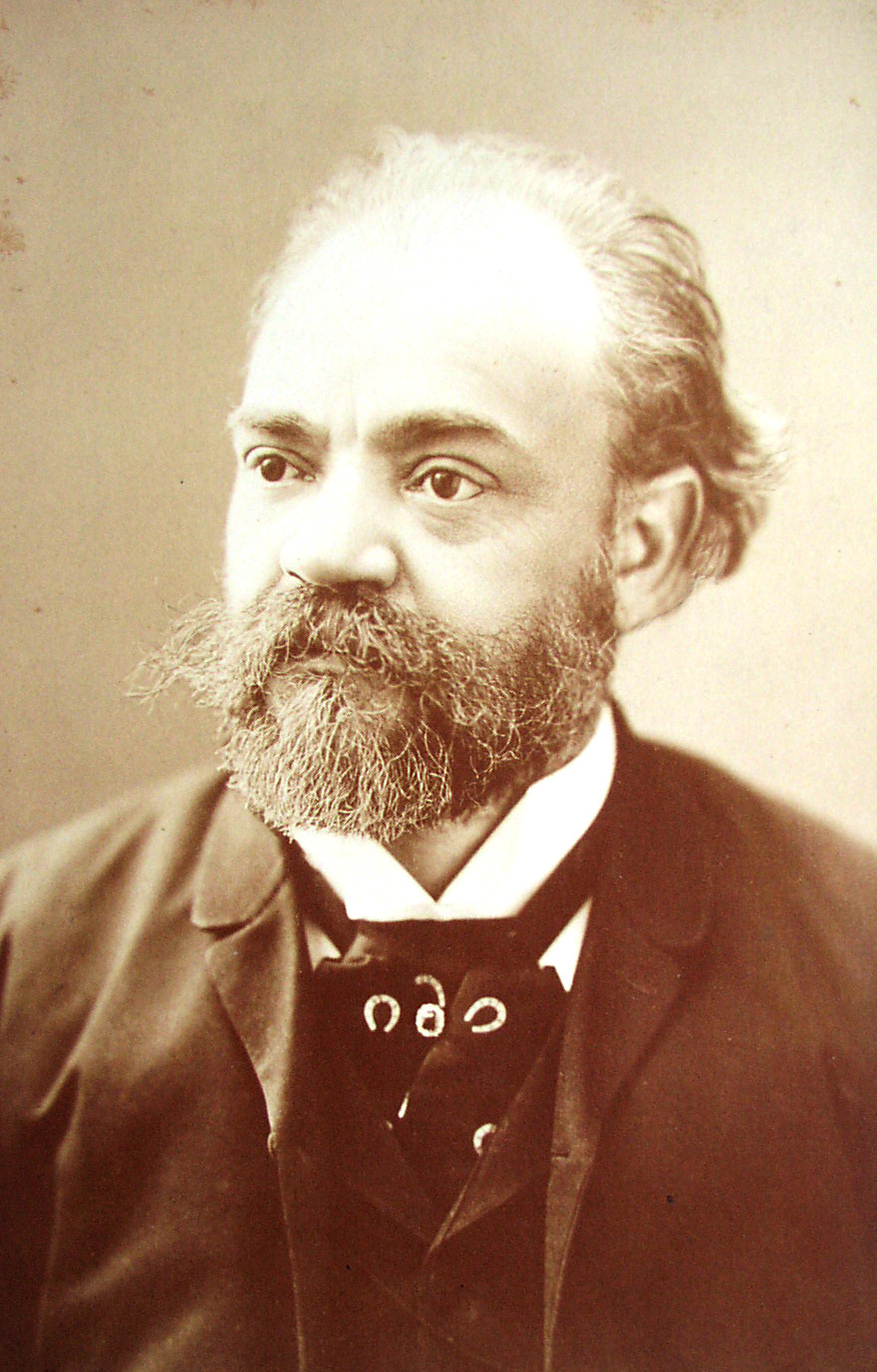Antonin Dvořák composed his Sixth Symphony explicitly for the Vienna Philharmonic and its chief conductor Hans Richter in a matter of months. After a number of postponements, the work finally premiered with the Czech Philharmonic Orchestra on March 25, 1881,
Dvorak
Antonín Dvořák celebrated his election to the Bohemian Academy of Science, Literature and Arts by composing a symphony. He worked on his 8th Symphony for almost 3 months at his summer resort in Bohemia, and he conducted the premiere in
Writing a dedicated composition for a famous soloist can sometimes be a trying process. In 1879, Dvořák’s publisher Simrock commissioned the composer to write a violin concerto. Giving Dvořák free reign in artistic matters, the publisher did specify that the
Czech music critics mercilessly criticized Antonin Dvořák for his supposed cosmopolitan musical tendencies. And as a result, he was performed and published less in Bohemia than in foreign lands. In stark contrast, Dvořák gained a particularly loyal following in England,
“Minors of the Majors” invites you to discover compositions by the great classical composers that for one reason or another have not reached the musical mainstream. Please enjoy, and keep listening!
In 1897, Antonín Dvořák (1841-1904) wrote his last symphonic poem and, in contrast to the preceding four he’d just finished, The Water Goblin, The Noon Witch, The Golden Spinning Wheel, and The Wood Dove, this last work had no story
With his Cello Concerto in B minor, Op.104, Antonín Dvořák created one of the all-time greatest works in the genre. Yet curiously, Dvořák had written in 1865, “The cello is a beautiful instrument, but its place is in the orchestra
“Minors of the Majors” invites you to discover compositions by the great classical composers that for one reason or another have not reached the musical mainstream. Please enjoy, and keep listening!

